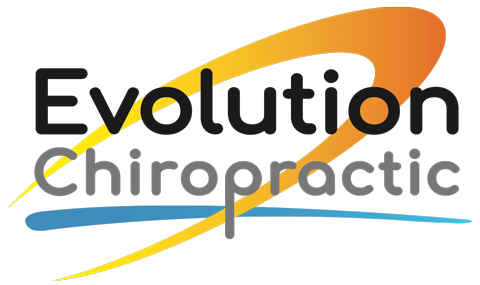Who’s the Drunk
Many people have issues that arise with the daily fight against gravity… Some have a bit more of an issue than others. This is usually referred to as vertigo. There are two main centers of control for the balance and posture of the body. The primary center is in the inner ear. The labrynth of the ear is the best place to look if you have vertigo problems… but do not be fooled into thinking that the ear is the only problem area. The cervical spine (the neck) is rich in proprioceptors. The proprioceptive reflexes can give bad information to the brain because of misalignments of the spine (subluxations) or previous injuries.
In the Evo Chiropractic office we have seen many cases of dizziness resolve with some cervical adjusting. Some people need only a few adjustments and other need some diligent care… one patient I am thinking of was quite a case. The patient presented to the clinic with vertigo, so bad that she could not stand straight, looking drunk was the nice way to put it! She was dizzy and slurring and swaying and running into things. I would have thought someone gave her a drink, but she had been under parental supervision for the past few days. She had just come from her primary care doctor, and the lab work was normal. They had no idea why she was so “off.” After a careful evaluation and an adjustment we let her rest for a few minutes on the table. She got off the table with an immediate relief of about 75% of her vertigo! With only one visit she had seen her body respond in a more than positive way. This patient is in the office for a checkup now and then and has to this day not had a recurrence of the vertigo…
I have attached a more in depth article about causes, treatment options, and problems to watch out for with vertigo.
Dr. Bench
Causes of Vertigo
- Vertigo can be caused by many problems, most of which originate in the peripheral or central nervous system.
- The causes of vertigo that stem from the peripheral nervous system include benign paroxysmal positional vertigo (BPPV), acute vestibular neuronitis, labyrinthitis and Ménière’s disease.
- Acoustic neuroma, migraines, cervicogenic vertigo and multiple sclerosis are all related to the central nervous system.
- Vertigo can also be caused by a wide variety of medications such as antidepressants, anticonvulsants, antihypertensives, diuretics, barbiturates, salicylates (e.g., aspirin), sedatives or hypnotics, some prescription and over-the-counter cold medicines, and some antibiotics and antineoplastics.
- Diabetes mellitus, hypothyroidism, high blood triglycerides, hypoglycemia, and food allergies or gluten sensitivity can also cause or worsen vertigo.
- Motor vehicle accidents, falls or other types of traumas or illnesses can also be associated with vertigo.
- To diagnose the cause of vertigo, your health care provider will perform an examination, including a variety of positioning tests, to check if they will reproduce the sensation of motion. Other tests may also be necessary.
- Read more at http://www.acatoday.org/content_css.cfm?CID=4013

